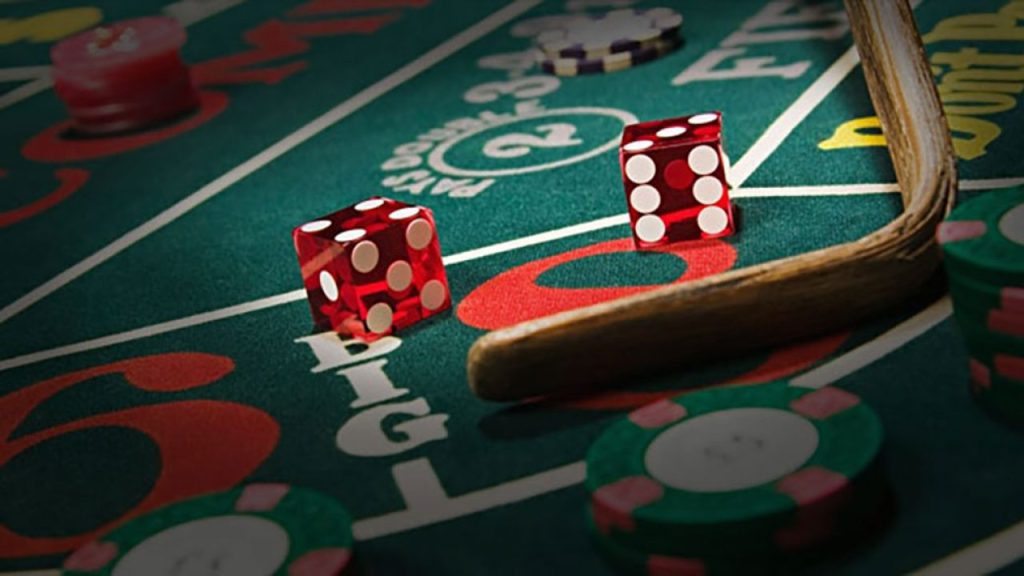Gambling machines have for quite some time been a staple of club, captivating players with the commitment of speedy successes and the charm of pursuing cherries, precious stones, or some other enticing image. The interest with these slot machines runs profound, and it is not just because of the likely monetary prizes. The brain research behind gambling machine interest is a complicated transaction of different variables that make players want more and more.
The Component of Irregularity: Gambling machines are intended to be unusual, which takes advantage of a principal part of human brain research – the energy of the unexplored world. The expectation of a success, regardless of whether it is intriguing, keeps players connected with and anxious to turn the reels once more.
Close Miss Impact: Gaming machines are painstakingly intended to make close miss circumstances, where the images on the reels verge on framing a triumphant mix. This close success experience fools the cerebrum into believing that a success is not far off, further propelling players to play.
Dopamine Delivery: Winning or even the chance of winning, sets off the arrival of dopamine in the cerebrum, a synapse related with delight situs slot gacor and prize. Gaming machines give irregular support, where players get compensations at erratic spans, prompting higher dopamine floods and building up the way of behaving.

Tactile Over-burden: Gambling machines assault players with tangible upgrades, from blazing lights and vivid illustrations to appealing audio cues. This tangible over-burden establishes a vivid and mesmerizing climate that can cause players to forget about time and cash spent.
Operant Molding: Gambling machines work on a standard known as operant molding. Players discover that pulling the switch or pressing the button prompts a prize, and this affiliation becomes imbued in their way of behaving. The discontinuous idea of remunerations keeps players connected as they keep on looking for that tricky success.
Idealism: For some, playing gaming machines offers a break from the burdens and tensions of regular daily existence. The transient suspension of the real world and the emphasis on the game can be calming and habit-forming, giving a brief relief from life’s difficulties.
Social Impact: Gaming machines are many times put in essential areas inside gambling clubs, making them effectively available and apparent to different benefactors. The presence of different players and the hints of winning can make a feeling of social approval, empowering people to continue to play.
Misfortune Repugnance: People are normally disinclined to misfortunes. Gaming machines frequently utilize strategies like free twists or extra adjusts that appear to limit misfortunes, despite the fact that players are as yet burning through cash. This plays on our antipathy for losing and urges us to keep playing to recuperate misfortunes.
Understanding the brain research behind gambling machine interest is pivotal for the two players and policymakers. While these games can be engaging, they likewise convey the potential for dependence and monetary damage. Perceiving the strong mental instruments at play can assist people with settling on informed decisions and empower capable betting practices. Besides, it can illuminate administrative endeavors pointed toward moderating the unfortunate results of inordinate gambling machine play, guaranteeing that the excitement of pursuing cherries stays a type of diversion instead of a wellspring of mischief.